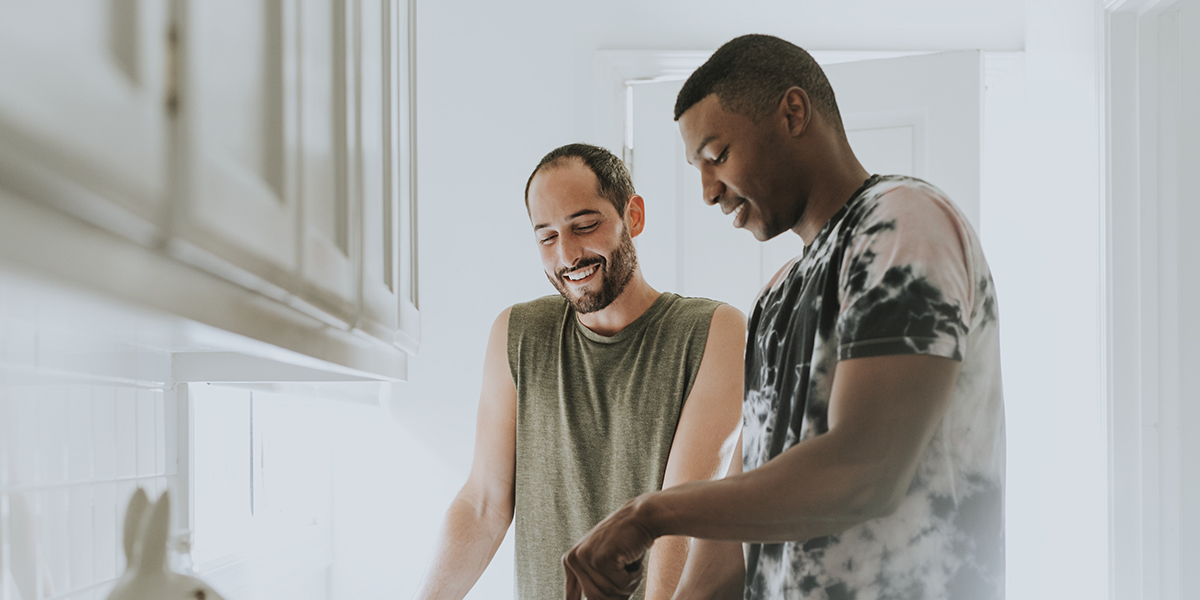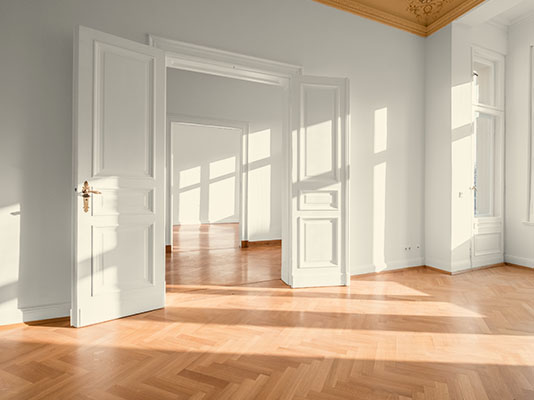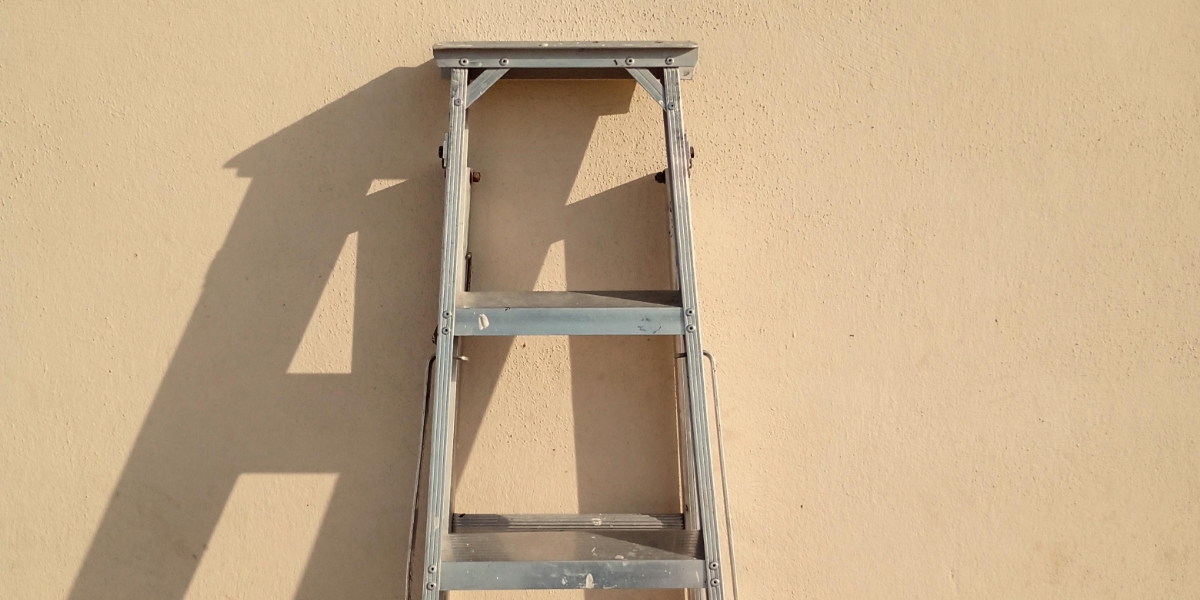Interested in buying your first house? The Home Buyers’ Plan (HBP) lets you use your RRSP, tax-free, to do so. But how does it work and what are the conditions? Find out what it's all about below.
7 important questions to ask when buying a house during a pandemic
Has the stay-at-home lifestyle got you looking for a new home with more space? Here’s what you need to know before you make an offer on a new house.

Are you thinking of buying a new home in 2021? If so, you’re in good company.
According to the Canadian Real Estate Association, Canada is currently experiencing a housing boom due to low interest rates and an influx of millennial buyers. While workplaces and schools remain remote, consumers are also spending more time at home than ever due to the COVID-19 pandemic. This means more Canadians are looking into upgrading their living space.
But pandemic or not, a home purchase is a big investment, and it pays to be financially prepared. As you begin the home-buying process, here are a few questions to ask yourself.
1. How much house can you afford?
It’s tempting to start peeking at houses right away, but your first step is to identify a comfortable price range.
You can start with a mortgage pre-approval, where a lender analyzes your finances to determine how much you can borrow. They’ll likely offer you the maximum amount for which you qualify. But that doesn’t mean you have to spend that much. A smaller house payment can free up your budget and help you save more for retirement.
A mortgage pre-approval is important in establishing a budget. But it can also make you a more appealing buyer, which is vital in a hot housing market. Coming to the table with your finances in order shows the seller you’re a viable candidate for a fast and easy closing.
2. When do you start looking for a house or home?
Once you’ve settled on a price range, you can start looking at available properties.
Most buyers search online, which is a great way to browse several homes simultaneously. However, you’ll eventually want to see your top choices in person, as pictures and videos can hide important flaws.
Before you browse, create a list of “wants” and “needs.” For example, you might want an ensuite fireplace, but you might need a home office while working from home.
Your list can also note things such as:
- the neighbourhood,
- nearby schools, access to amenities,
- transportation, and
- the number of bedrooms and bathrooms.
If you’re working remotely, you may consider suburban or rural areas you previously avoided when commuting daily.
3. Do you need a real estate agent?
With so much information online, it might seem easier to go at it alone. But a real estate agent can represent your best interests in the transaction. They’re also a wealth of information on various neighbourhoods and can help you determine if a home is priced appropriately.
And believe it or not, all this expertise comes at no cost to you as the buyer. The seller pays the entire real estate commission, so it only benefits you to hire a professional.
To find the right agent, ask your friends and family for recommendations. You may also want to interview several agents to find someone compatible.
4. How much down payment do you need for a house or home?
Your down payment is the amount you pay before starting your monthly payments.
Let’s say your down payment is less than 20% of the home’s price. Then you’ll need to buy mortgage loan insurance, which is added to your monthly mortgage.
To help you find the ideal amount for your down payment, your mortgage lender can help you assess your “debt-to-income ratio.” They take all your monthly debts (housing, car loans, savings, etc.). Then they divide your debts by your gross monthly income to calculate an affordable monthly payment. This dictates the down payment amount you need to keep your monthly payments manageable.
The bigger your down payment, the less you’ll pay in interest over the life of the loan. That’s why many people save up for a hefty down payment before beginning the home-buying process.
5. Can you borrow money for a down payment?
Are you looking to buy your first home? Be sure to look into whether you qualify for the Registered Retirement Savings Plan Home Buyers’ Plan (RRSP HBP).
Here’s how RRSP HBP works: You can borrow up to $35,000 from your RRSP to buy or build your first home. As an example, let’s say you’re buying your first home with your spouse or partner. You’re eligible to borrow $35,0000 per person from your RRSP. That means, you’ll be able to put $75,000 towards your down payment.
Just remember that it’s still a loan. And you’ll have to pay back however much you borrow within a 15-year time frame.
6. What should you look for in a house?
Everyone’s criteria for the “perfect home” is different. It can depend on factors like:
- the size of their family,
- their budget and
- their personal wants and needs.
Some people want a home with the latest design and amenities—and have the funds to afford it. Others are able to overlook an outdated kitchen or worn floors to get a more competitive price.
However, every home buyer should ensure their house is structurally sound by getting a home inspection before completing the purchase. Cosmetic issues are often relatively easy to fix. Other elements, such as a leaking roof or cracked foundation, can be expensive to repair.
7. Do you need mortgage protection insurance?
You can apply for mortgage protection whether you’re already a homeowner or a first-time homebuyer.
Mortgage protection insurance is a policy that combines term life insurance and critical illness insurance. It can help:
- financially protect your family and
- cover your mortgage payments if you become ill or die.
With mortgage protection, critical illness insurance gives you a one-time payment you can use for your mortgage or other expenses as you choose. And life insurance pays a tax-free amount to your chosen beneficiary (the person who receives the payment) when you die. The payment can cover more than just the mortgage and your beneficiaries can use the money for any reason.
- Get a quote today. Want to apply for your life or critical illness insurance online? You can, with Sun Life Go insurance. Get started here.
Read more:
This article is meant to only provide general information. Sun Life Assurance Company of Canada does not provide legal, accounting, taxation, or other professional advice. Please seek advice from a qualified professional, including a thorough examination of your specific legal, accounting and tax situation.


